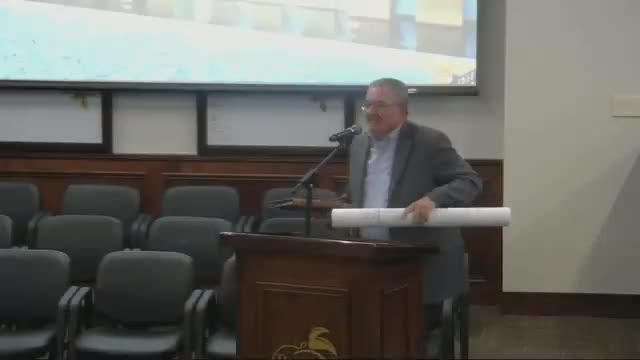Article not found
This article is no longer available. But don't worry—we've gathered other articles that discuss the same topic.
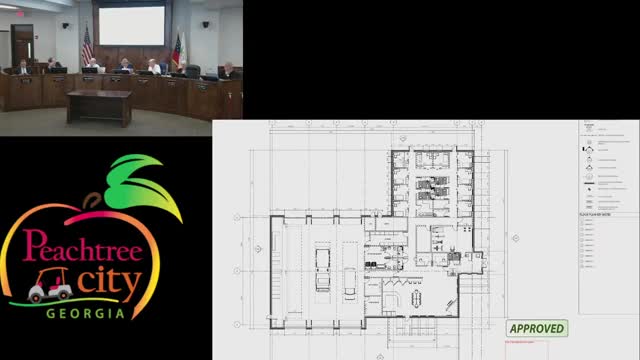
Votes at a glance: emergency storm-pipe repairs and two budget amendments approved
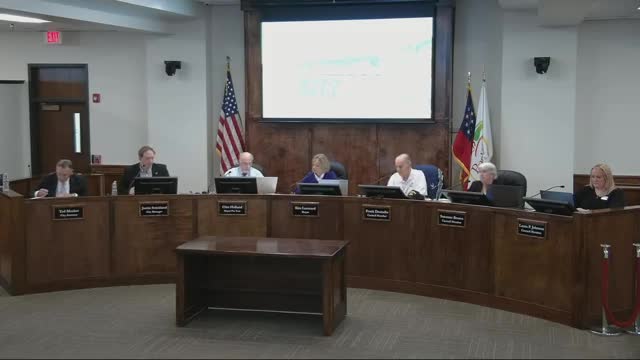
Council to seek outside project manager for planned Fire Station 85; standard design and path connections included
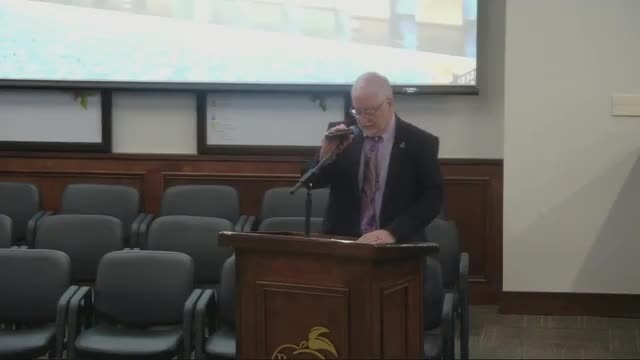
Staff recommends Accessibility Consulting Partners for ADA facilities assessment; contract to return to council
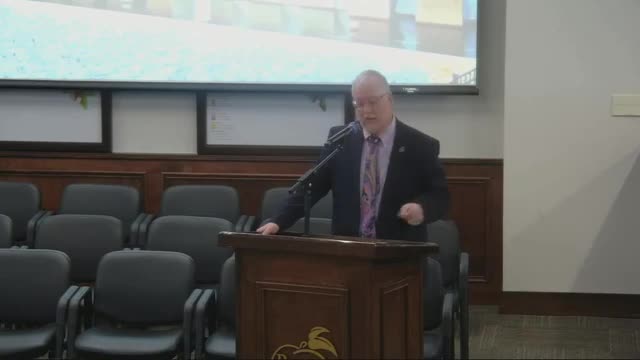
Police and fire chiefs cite persistent county radio-system failures; city funds feasibility study on PSAP alternatives
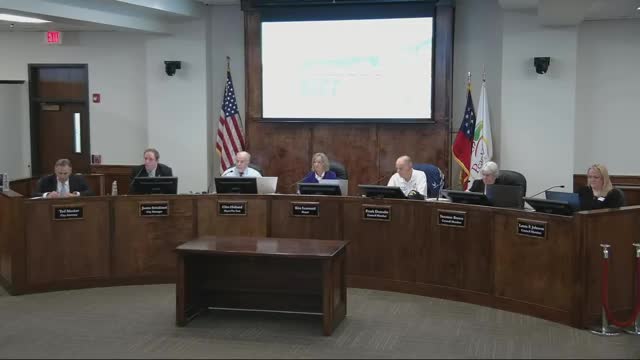
City staff seeks three-year renewal of Esri GIS contract at $126,600 total
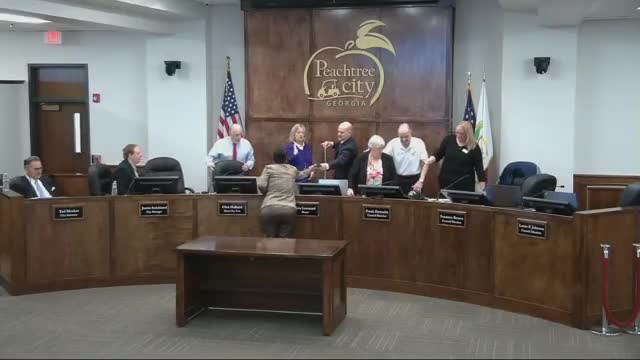
Fayette Humane volunteer asks council to renew and simplify TNVR agreement covering Peachtree City property
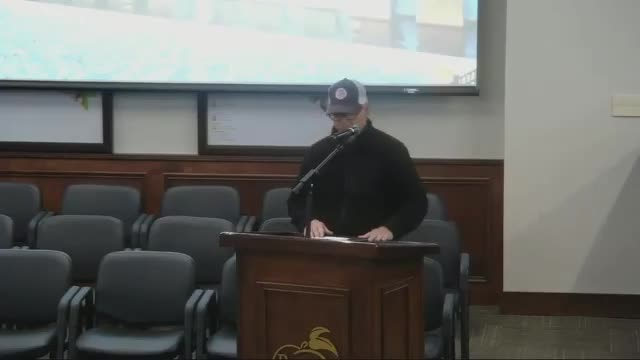
Resident presses council on growing roadside litter; council discusses outreach and volunteer options
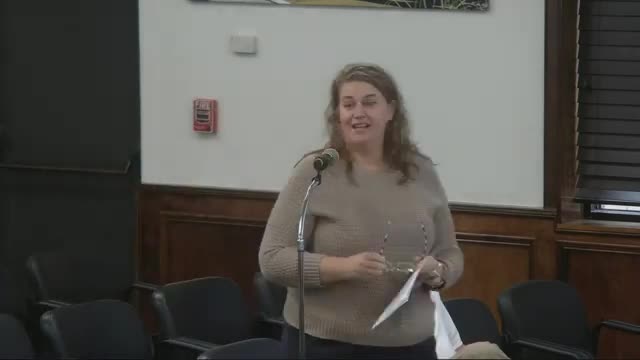
Residents urge city to prioritize new aquatics center as Kedron facility nears end of life
